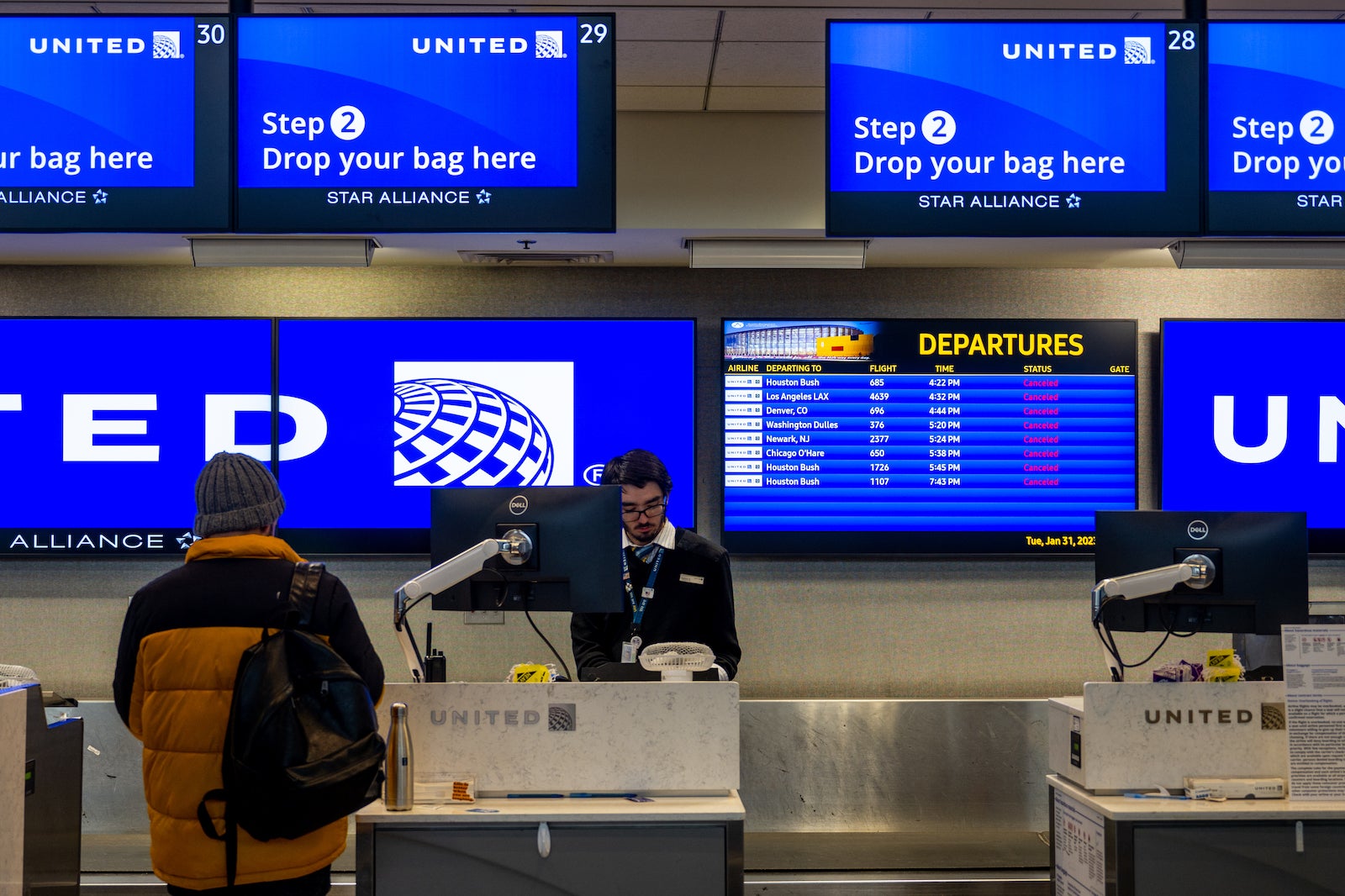In what may set the standard for domestic airline seating policies, United Airlines, one of the Big Three, has announced a new policy for families to sit together for free with children under age 12 in certain cabins, regardless of fare type.
Starting early next month, United’s new “dynamic seat map feature” will enable passengers to book two seats together for travelers under 12 years old and an adult companion in the party for free on economy tickets, including basic economy fares. It does not apply to Polaris, first-class or Economy Plus tickets.
This is a major change to current United policy, raising the question of whether other airlines will follow suit, particularly following Southwest Airlines’ quiet expansion of its family boarding policy in January to permit families to board together with children up to age 13 on certain flights.
Though Southwest does not offer assigned seating due to its numbered boarding process, most airlines charge travelers to select seats in advance when flying with certain fare types, namely basic economy.
However, even if your fare type includes complimentary seat selection, securing multiple seats together depends on a variety of factors and thus is far from guaranteed, and increasingly unlikely when you’re a family looking for several seats together.
If you forgo selecting a seat at the time of booking or during check-in, you are at the mercy of the airlines, which will automatically assign you one for free during the check-in process.
United flyers should look out for a new seat map starting in early March. It will highlight open adjacent seats available when booking. The new feature “reviews all available free Economy seats and then opens complimentary upgrades to available Preferred Seats, if needed,” per a press release issued by the Chicago-based carrier.
If adjacent seats are unavailable ahead of your flight, United customers can switch to an alternate flight with adjacent seats in the same cabin to the original destination without charge. Unlike its existing policy, which charges customers with basic economy tickets for same-day changes and fare differences, United will not charge these customers for any difference in fare between their original and new flights.
During the COVID-19 pandemic, United, aligning with most other airlines, eliminated change fees to allow passengers to book a new flight within 24 hours of their originally scheduled flight. This was applicable to most economy and premium-cabin tickets for domestic routes and travel to Mexico, the Caribbean and Puerto Rico and other international travel originating in the U.S.
Sign up for our daily newsletter
When United rolled out this policy in January 2021, basic economy tickets were excluded, and any fare differences applied.
“In an era where more families are working in a hybrid environment, they’re traveling more often — and they’re flying United,” Linda Jojo, United’s chief customer officer, said in a statement Feb. 20. “We’re focused on delivering a great experience for our younger passengers and their parents and know it often starts with the right seat. We look forward to rolling out more family-friendly features this year.”
Advance seat fees, which are between $20 and $100 each way, depending on the carrier, fare type and route, have caught the attention of President Joe Biden and the Department of Transporation, both of which aim to halt these fees, among other so-called junk fees, via the Junk Fee Prevention Act.
“We’ll prohibit airlines from charging up to $50 round-trip for families just to sit together,” Biden said during his State of the Union address in January. “Baggage fees are bad enough — they can’t just treat your child like a piece of luggage.”
Exisiting DOT policy is supposed to preclude airlines from charging travelers age 13 or younger for selecting a seat next to an accompanying adult.
Although United declined to confirm whether Biden’s push influenced its family seating policy change, some have connected the dots, including Gary Leff, a travel expert who runs View from the Wing.
“This is a customer win, a win against competitors, and a political win all wrapped up into one,” said Leff.
Related reading:





















Discussion about this post